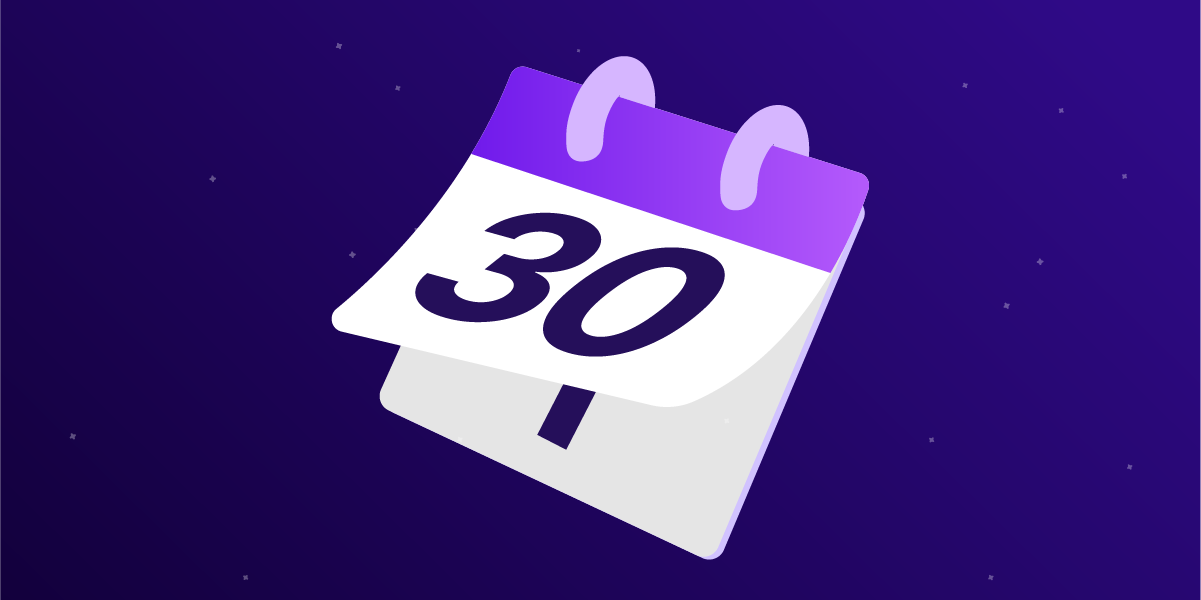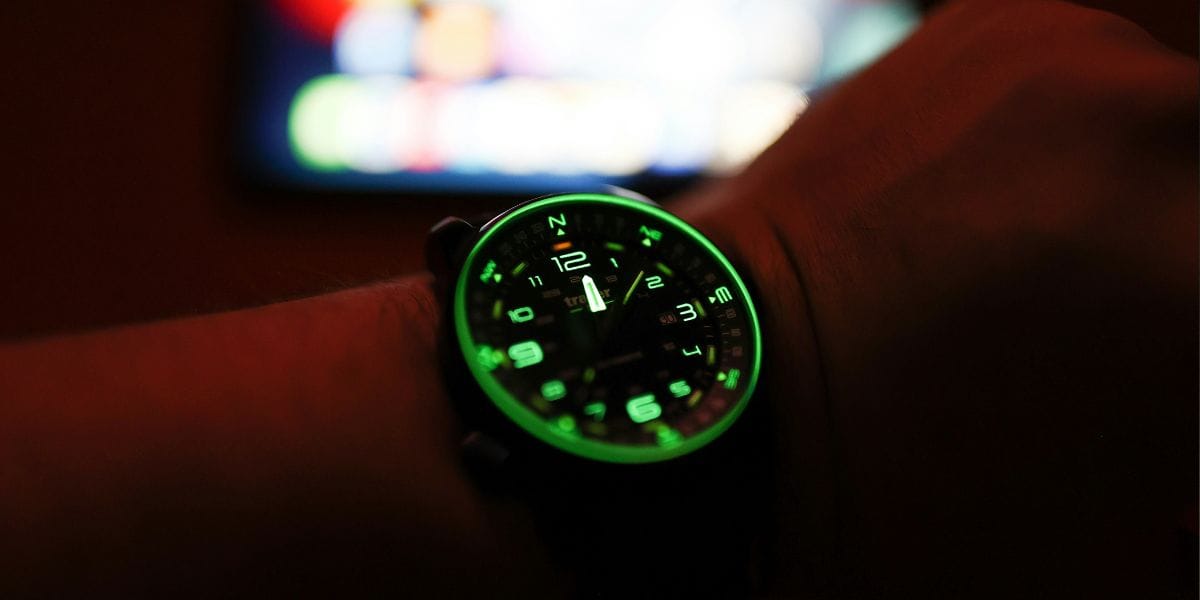Saving for a holiday can be daunting enough. Calculating how much money you’ll need to get you through the weeks, months or years, can involve multiple spreadsheets and hours scouring sources on the internet before landing on the numbers.
Travel doesn’t always have to involve spending a lot of cash, and travellers from all over the world are hacking their way to simple savings when abroad. Here are five budget travel hacks that could save you some money next time you’re on the road.
1. Be flexible with modes of transport
When travelling, people usually assume key transport will be via plane, bus, train, taxi or boat. If you have time up your sleeve, different modes of transport can be a sure-fire way to simple savings when getting from Point A to Point B.
Always check how long each type of transportation will take for you to reach your destination. Often, a train or bus is possible, but will take an extra half-day to get there. Savvy travellers use trains or buses to save money on transport, but also book during off-peak times (such as overnight) in an attempt to catch some sleep. This can also save on accommodation, but if you aren’t a heavy sleeper this option might not be for you.
Check how expensive local taxis are, as many travellers in capital cities have later found that Uber sometimes isn’t the cheapest option and that some cabs will charge fixed fees for common routes. Refer to local residents or travel guides for approximate prices.
2. Use points to upgrade
Although cheaper modes of transport are ideal, travelling by air is usually a must for any longer distance trip.
When planning your travel, signing up for an airline rewards programs may allow you to take advantage of your everyday spending habits and translate these into points for later use. The further away your planned trip, the more points you can accrue.
The ‘sweet-spot’ when using points is often when booking an economy flight or when upgrading from economy to premium economy or business class. Be sure to book in advance as the further out from your trip, the more savings you’ll experience.
Airlines usually partner with credit providers and issue credit cards in order to best take advantage of their programs. These don’t come without risk, though. Make sure you check annual fees, interest rates, and so on. And if the risk is too high for you, most still have free alternatives that allow you to earn points without signing up for a card.
When looking for a rewards program that is right for you, be sure to check:
- If there are any sign up or yearly membership fees to be a member.
- How frequently you must earn points and if points expire.
3. The five-block rule
A great travel hack to remember when in a major tourist hot spot is the ‘five-block rule’.
Shops, cafes and restaurants within a five-block radius of any major tourist attraction or central hub usually carry a tourist tax on top of standard prices.
If booking accommodation, compare prices a few blocks or a suburb or two away from the main town centre. This can create some simple savings not only in terms of accommodation, but also means you’ll be spending more normal prices when purchasing groceries or buying a coffee.
4. Free vs paid attractions
When travelling, costs start to add up in the form of activities and experiences to fill in your time.
Tourist attractions are just that; activities or sight-seeing that has been designed to attract tourists and bring in financial benefit to the region. Many of these attractions are no different to offerings in Australia (say a bridge, tower or statue) but carry some form of significance to the local population.
This presents an opportunity to bypass attractions that charge exorbitant prices and instead see them from a similar vantage point that doesn’t set you back as much. Many sight-seeing towers charge between $10-$50 to access their viewing docks, however similar views can be achieved from other high-rise buildings in close proximity (and for free).
This can also present a great photo opportunity of the main attraction with the city and a sunrise/sunset backdrop.
5. BYO bottle
Another cost that can creep up when travelling is having to buy water. Airports have free-rein over how much they charge for bottled water and waiting until you reach a supermarket can mean racking up unnecessary spending (especially if you are in a region with potable water). Where there is clean water, many town centres or your accommodation will have free refill stations or taps.
You’ll also be cutting down on your plastic use (helping the environment out along the way). An extra addition can be a portable cutlery set, cutting down on multiple single-use plastics if you happen to be eating out a lot.
Put any combination of these tips to use next time you are abroad and achieve some simple savings along the way. Once you realise the power of your savings, every dollar counts and can go toward your next adventure. Safe travels!



